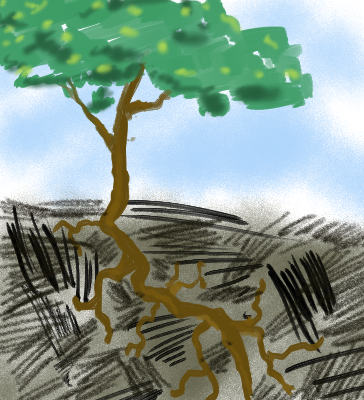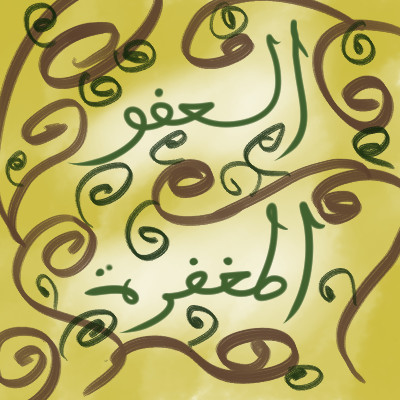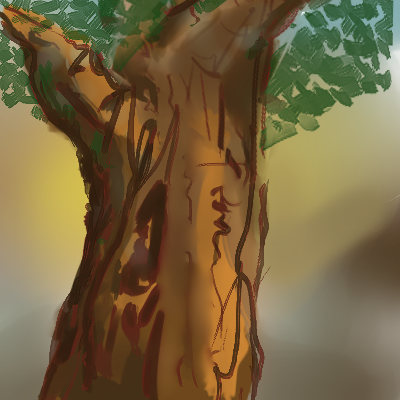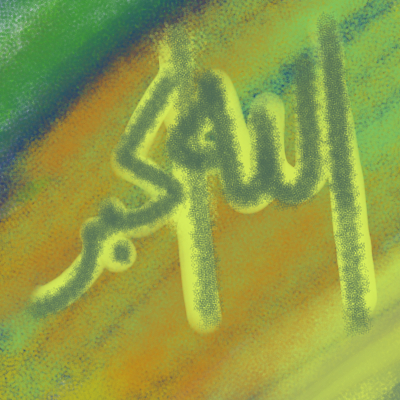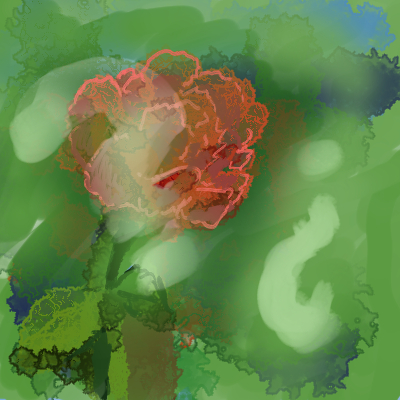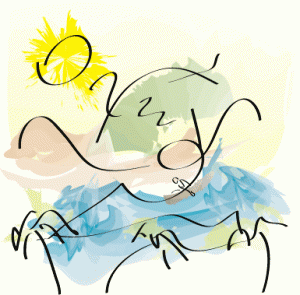Being Thankful to the Creator Via Creation
We are all in need. Think not? We’re in need of our next breath, our next heartbeat, and countless other necessities. Realizing that we’re in constant need, and that the Creator satisfies our needs constantly, should be very humbling. But, how would we act when the Creator puts people needing compassion in our paths?
Self-reference is one of the keys to honesty and spiritual growth. Let’s apply some self-reference to this question. The difference between our status and the Creator is monolithic, yet he treats us so generously. Why would a far greater being care for something as insignificant as us? It’s because of his kindness and compassion.
We all want to be treated with compassion by this immense, supreme being. So how should we behave when someone “needy” crosses our path? The honest answer is to treat everyone with an expression of gratitude to the Creator by being kind and compassionate to our fellow creation.
Only someone being dishonest, someone detached from reality and arrogant, thinks that they’re better than another person. In reality, there is no difference between the arrogant (i.e. one who thinks he isn’t needy) and another person who knows that he is needy (there is an enormous difference spiritually, of course):
The Quran confirms this beautiful verse from the Bible:
“Again I tell you, it is easier for a camel to go through the eye of a needle than for someone who is rich to enter the kingdom of God.” (New International Version, Matthew 19:24).
This doesn’t literally mean that the financially wealthy will not enter Heaven, as we know Prophet Solomon was also very wealthy. By “rich man” it means an arrogant person, since those with “wealth” in anything usually think they are beyond need and better than other people.
The Quranic verse confirming the above follows:
“Those who reject our signs and turn away from them in arrogance, the gates of Heaven will not open for them and they will not enter the Garden until the camel passes through the eye of the needle. Thus do we reward the criminals” (The Quran, 7:40).1
Creator, may we be grateful for your kindness by being kind to our fellow creation. Whether it is providing food to the hungry, respect to the disrespected, kindness to those treated wrongly, or knowledge to those in need, and even of the arrogant, help us offer healing for this sickness (never forget self-reference: we must treat ourselves this way as well). Thank you for making our existence a manifestation of your kindness.
See you next post, God willing 🙂
Footnotes:
1. This is the verse from the Quran stating how it relates to the Bible and other scriptures: “We have revealed to you the Book in Truth as a confirmation for what came before it from the Book and as a guard for it […]” (The Quran 5:48).
The Quran confirms the beauty and truth in Biblical scripture, but it’s also a guard that protects previous scriptures from the changes that self-serving interests have made to it over time (2:79). For example, saying the prophets, willfully or through other ills, engaged in terrible acts like Prophet David committing adultery then conspiring to have the woman’s husband killed, that Prophet Solomon became an idol-worshiper before passing, or that Prophet Lot’s daughters made him drunk and then did obscene things with him-God forbid (See 2 Samuel 11, Genesis 19:32).
Here are some details. This is what was said about Prophet Solomon in the Bible:
“For when Solomon was old, his wives turned his heart away after other gods; and his heart was not wholly devoted to the LORD his God, as the heart of David his father had been. For Solomon went after Ashtoreth the goddess of the Sidonians and after Milcom the detestable idol of the Ammonites. Solomon did what was evil in the sight of the LORD, and did not follow the LORD fully, as David his father had done” (New American Standard Bible, 1 kings 11 4-6).
And here is the Quran protecting the original message of the scriptures:
“And they follow what the devils recite against the kingdom of Solomon. Solomon did not disbelieve (by worshiping idols) […]” (The Quran, 2:102).

